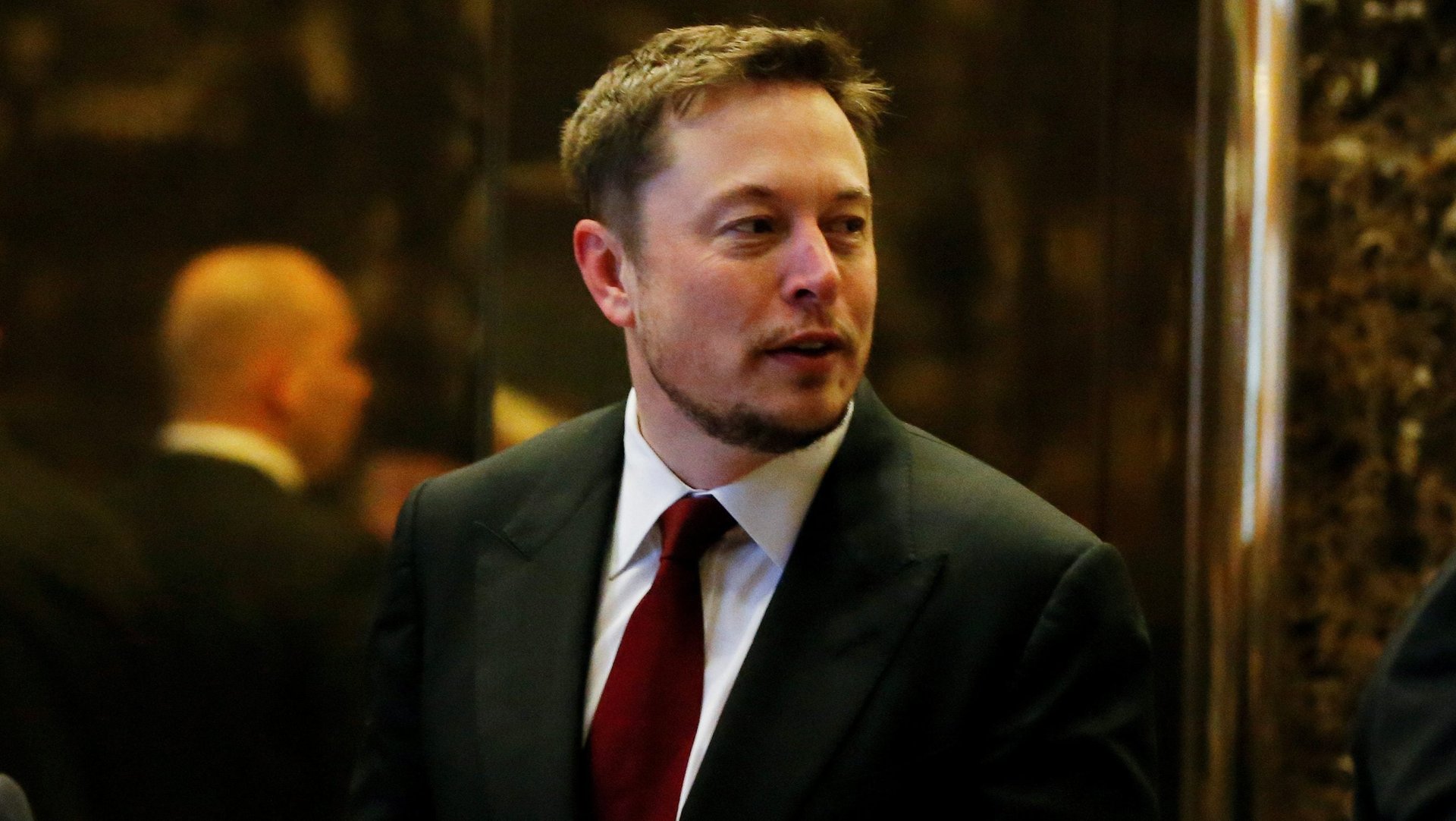Billionaire superheroes won’t save the world
“Life imitates Art far more than Art imitates Life.” That’s Oscar Wilde in his 1889 essay, “The Decay of Lying.” Considering the most dominant cultural expression of our time seems to be the endless stream of movies set in the Marvel Comics universe, it’s no wonder Jeff Bezos and Elon Musk are morphing into real-life superheroes before our eyes.


“Life imitates Art far more than Art imitates Life.” That’s Oscar Wilde in his 1889 essay, “The Decay of Lying.” Considering the most dominant cultural expression of our time seems to be the endless stream of movies set in the Marvel Comics universe, it’s no wonder Jeff Bezos and Elon Musk are morphing into real-life superheroes before our eyes.
This week, Bezos’s Amazon unveiled a slew of products that bring affordable Alexa AI technology even deeper into our homes—right onto nightstands, even. Musk, our non-fictional Tony Stark, has come up with Mark 2 of his plan to colonize Mars. While he’s at it, he’s promising rocket-ship rides between cities right here on Earth.
As I write this, I’m excited to go to my nearest Whole Foods and buy some steak for dinner. I wonder whether Bezos’s price cuts since acquiring the high-end grocery chain (known as “Whole Paycheck,” even by its CEO) have extended to animal protein, and when lab-grown meat will make the butcher counter obsolete. As I mull ribeye v. porterhouse, Musk is coming to Puerto Rico’s rescue, sending Tesla battery packs to the hurricane-stricken island. He leapt into action as Donald Trump’s White House had to be poked and prodded into grudgingly waiving outdated regulations to extend desperately needed aid.
But, superheroes can’t fix all our problems, especially if they’re more interested in celestial bodies. “It’s 2017, we should have a lunar base by now,” Musk says. What would be even nicer to have in 2017 is an Earth free of another horrific refugee crisis born of religious persecution, which is what’s happening as the Rohingya flee Myanmar.
While we beg Jeff Bezos to throw Amazon’s clout behind fixing the healthcare industry, it’s also worth remembering superheroes tend to attract supervillains. So, maybe the future of the human race shouldn’t be left solely in the hands of our friendly neighborhood billionaires.